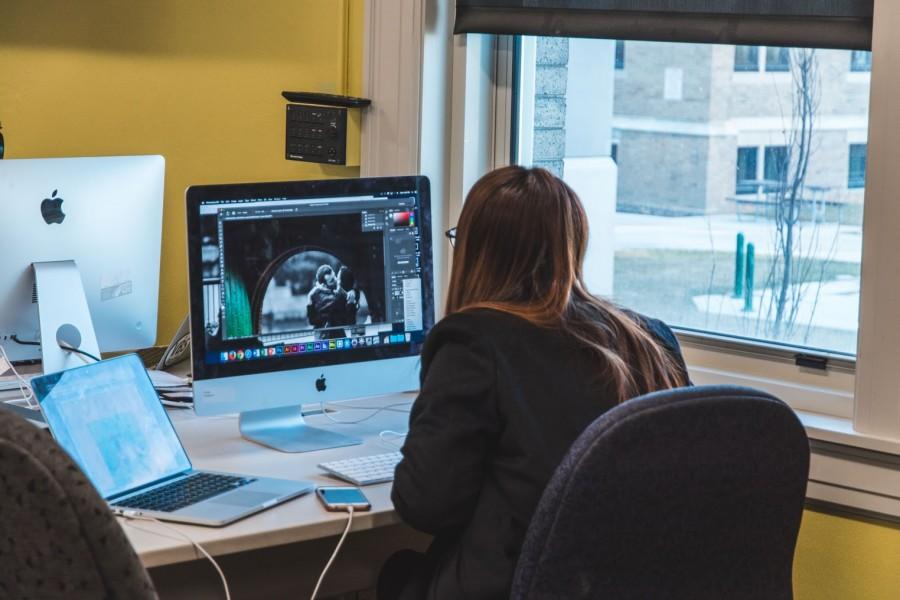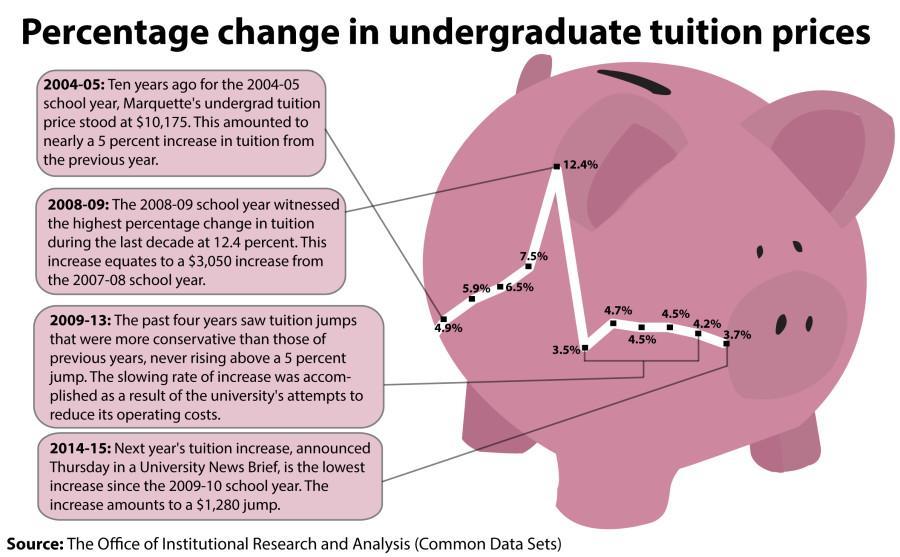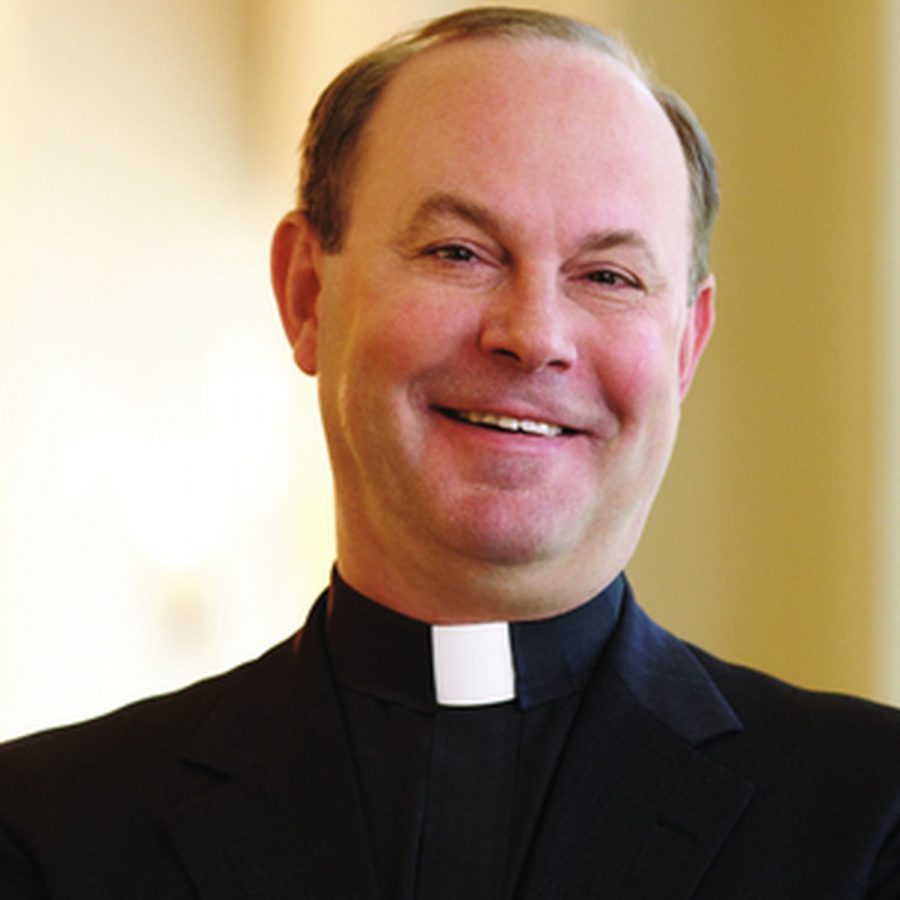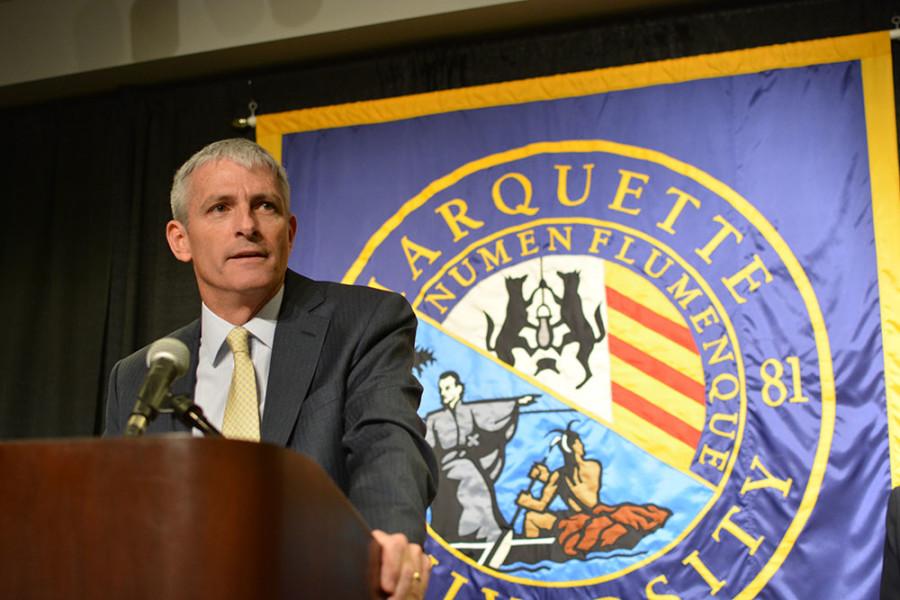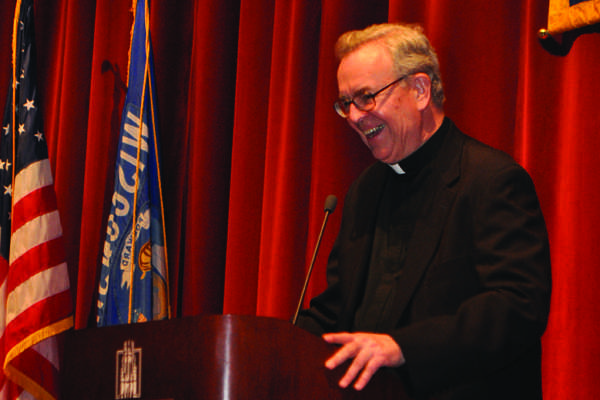
In the 2003-2004 academic year, tuition at Marquette stood at $20,350. Now, a decade later, a year at the same university will cost more than 40 percent – and almost $15,000 – more.
Marquette announced a tuition increase in a university news brief to faculty, staff and students Tuesday. At $34,200 per year, the new tuition for the 2013-2014 academic year is a 4.25 percent, or $1,390, hike from the current year’s price of $32,810 per year.
Tuition has been increasing at a relatively steady rate for the past four years. From 2009 to 2012, tuition went up $1,360 each year, and for the 2012-2013 year, the price increased $1,410.
Though tuition will continue to increase every year, Marquette Vice President of Finance John Lamb said the university is working to decrease the rate of tuition increase over the next few years.
“We’ve had 4.5 percent increases (over the past two years),” Lamb said. “What we want to try over the next five years is take that increase down.”
Lamb attributed the increased tuition costs to inflation but did not comment on Marquette’s use of the additional revenue.
University President the Rev. Scott Pilarz addressed the economic concerns of the new increase in a letter to the parents of current students.
“In recognition of the many uncertainties facing families during this period of economic recovery, and of our responsibility to contain costs, this increase is less than the last two years of tuition increases,” Pilarz wrote.
Though Marquette’s price tag may seem high compared to those of public universities, the university’s tuition still remains below the average cost of the other 27 Jesuit universities in the country, making Marquette the 50th Best Value College according to U.S. News & World Report.
Deanna Howes, the executive assistant to the President of the Association of Jesuit Colleges and Universities, said tuition costs for a Jesuit education during the 2012-2013 school year averaged to $35,3421. The average increase for tuition among Jesuit institutions from 2011-2012 to 2012-2013 was 4.2 percent, Howes said.
Marquette’s fees for room and board have also increased another three percent, while its Anytime Dining Plan will increase another $55 to $1,915 per semester. The student health service fee is set to increase by $6 to $290, but the student activity fee will remain the same. The price of undergraduate summer courses will also increase $20 to $700 per course.
There will also be hikes in tuition for the university’s law school, graduate and professional school programs. Students who enrolled in Marquette’s Law School during fall 2010 or later will experience a $580 spike in tuition to $19,345, while those who enrolled before fall 2010 will see an increase of $535 to $18,495.
Initial student reaction to the tuition hike is mixed. Kelli Bly, a junior in the College of Nursing, is among the students at Marquette who have come to accept the annual rise in tuition as a consequence of attending a private university.
“I think the tuition increase is a given,” Bly said. “Not something I agree with or understand where the money is going to – but it seems to just be part of going to Marquette.”
Though Bly may be sympathetic to rising tuition costs, her feelings are not widespread among all students. Randy Neu, a junior in the College of Engineering, is not as forgiving about this year’s tuition increase.
“If there’s an increase every year, as we have been seeing recently, when do the increases end?” Neu said.
Marquette Student Government President Arica Van Boxtel, a senior in the College of Communication, said in an email that this year’s tuition increase is understandable considering “all the financial factors included in running a higher education institution.”


